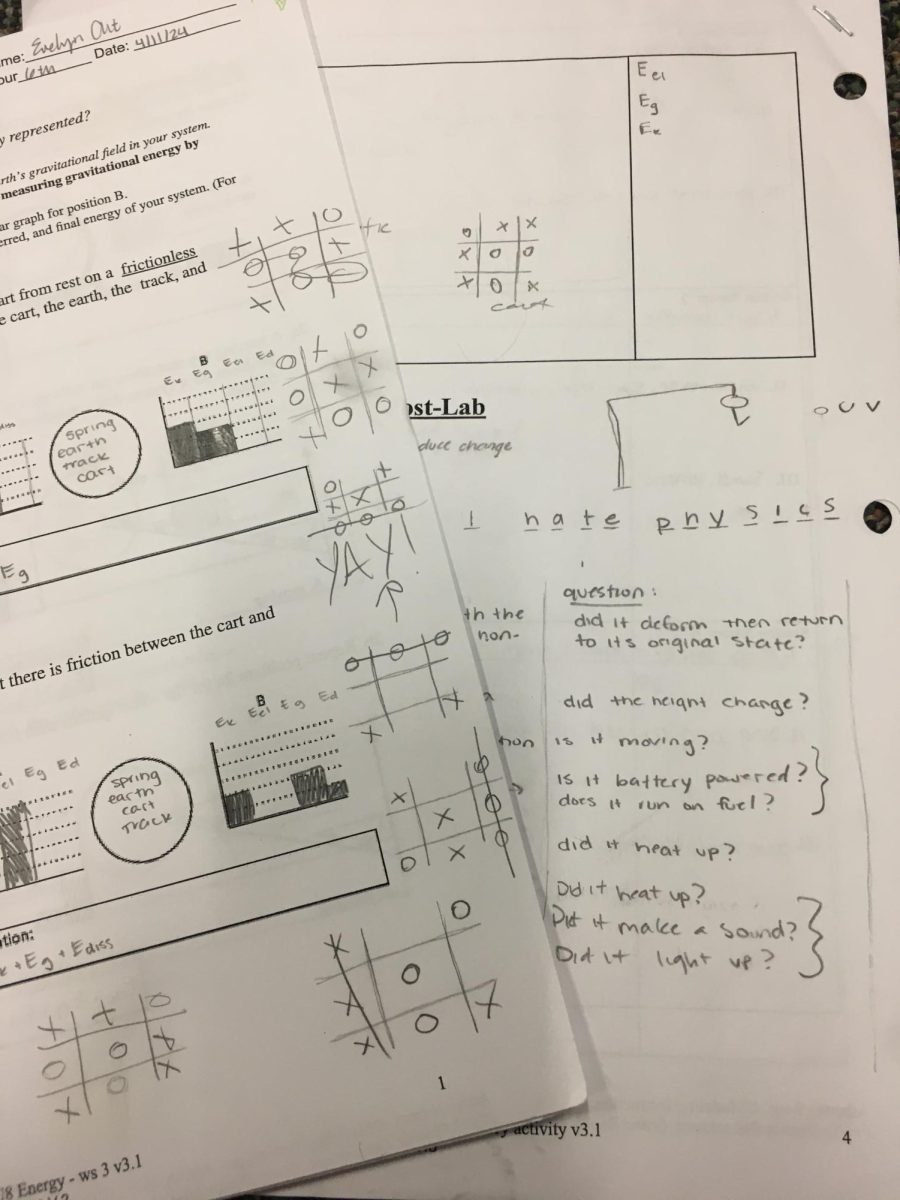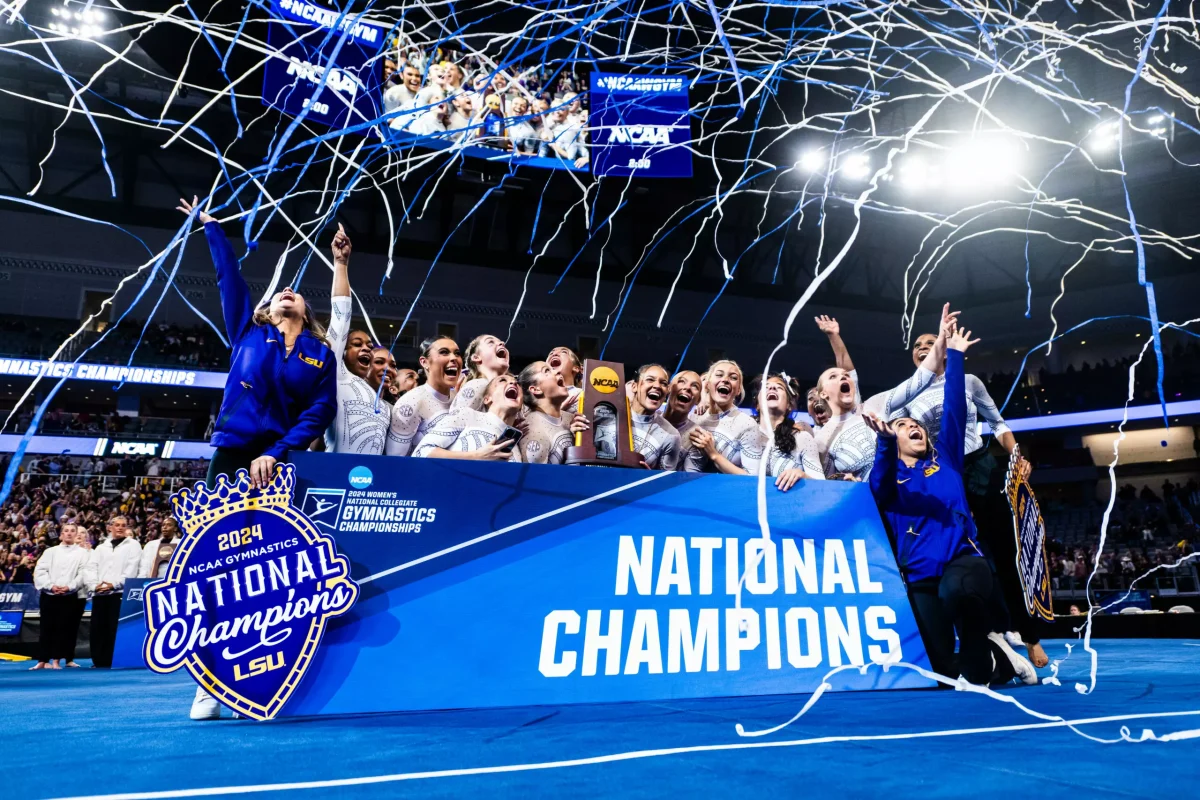FHC’s phone ban fails at helping our education
More stories from Kyle Basher
Opinions expressed in editorials on The Central Trend are the view of the individual writer and are not the opinion of the entire staff of The Central Trend or the Forest Hills Central staff or administration.
For about as long as I’ve had my phone, there has been the school’s phone ban. Some years, I was to put it in a weird pocket thing, and other years, I could just have it in my pocket. Yet, never have I been able to use it in class.
This always seemed odd to me. I always found my phone to be a great source of not only entertainment, but information too. Yet as the years went by, I found myself slowly coming to the realization that the ban just doesn’t work.
To me, the phone ban was always a thing of control—of limiting distractions. I believe that the ban was made with a pure intent: to make the school a place for only learning. The thing is, it doesn’t work at all.
If the point was to limit distractions, then it failed. I don’t say this to disrespect the rule-makers, but banning phones does not remove the distractions of the modern world.
Too many days I come to school with my Nintendo Switch or 3DS, and from a technical standpoint, the staff can’t do anything other than ask me to put it away. Now I can, and have, spent entire classes just playing games and relaxing; I’ve spent my time in school mentally not in school.
This is my issue with the phone ban. It brings up a limitation that is easily bypassed with even the most basic of loopholes and rules-lawyering work, too. The limitations of what the ban does feel more of a restriction of rights than a rule for bettering education.
Yet if other distractions were banned, would that even solve the problem? Not really. If my phone, Switch, 3DS, and anything else I could bring were banned, then I would still have a device that is instrumental to my education.
In most students’ bags lies a device; one which can give us infinite information: a computer. These pieces of tech are a part of students’ daily lives at school. We can use them to create, research, or play games.
That last one stays true for me. Most of the time, when I have my computer up in class, there is a chance that I am playing a game. I can have some installed on my computer and just play games all class long, and of course, there are also the browser games that all computers can play.
The limitations of what the ban does feels more of a restriction of rights than a rule for bettering education.
The school has blocked some sites with its internet, and that has problems of its own, but blocking sites hasn’t helped. There are always sites that get past the filter; not even just the incredibly sketchy sites that have ads that would give you a virus.
The phone ban doesn’t do enough. The limits it imposes are a restriction on students that makes no impact on their education. If it wants to be impactful, take fewer liberties with students. Don’t ban phones, ban games in class.
Yet to ban games wouldn’t solve the problem either. Students who want to be distracted from class will find a way. After phones were banned, students just hid them better. If games were banned, students would learn how to hide them better.
Distractions are all around us. I could spend an entire class period writing for fun; that at least looks like work. I could spend a whole class period reading, absorbed into that world instead of our own.
There is no solution for how to stop students from being distracted in class. Those who wish to be somewhere else mentally will have their attention leave. The phone ban just limits what students can do without punishment, but it has never, nor ever will, stop them.
I can only see two resolutions. One could be to resolve the ban entirely. Punish students who are distracted in class with the consequences of their actions, the falling of their grades. Or push the rule further. Ban everything, remove all distractions so that students can “properly learn” in class.

After taking a gap year, Audrey is entering her second year on staff for The Central Trend. In her free time, you can find her reading, practicing music...
























































































